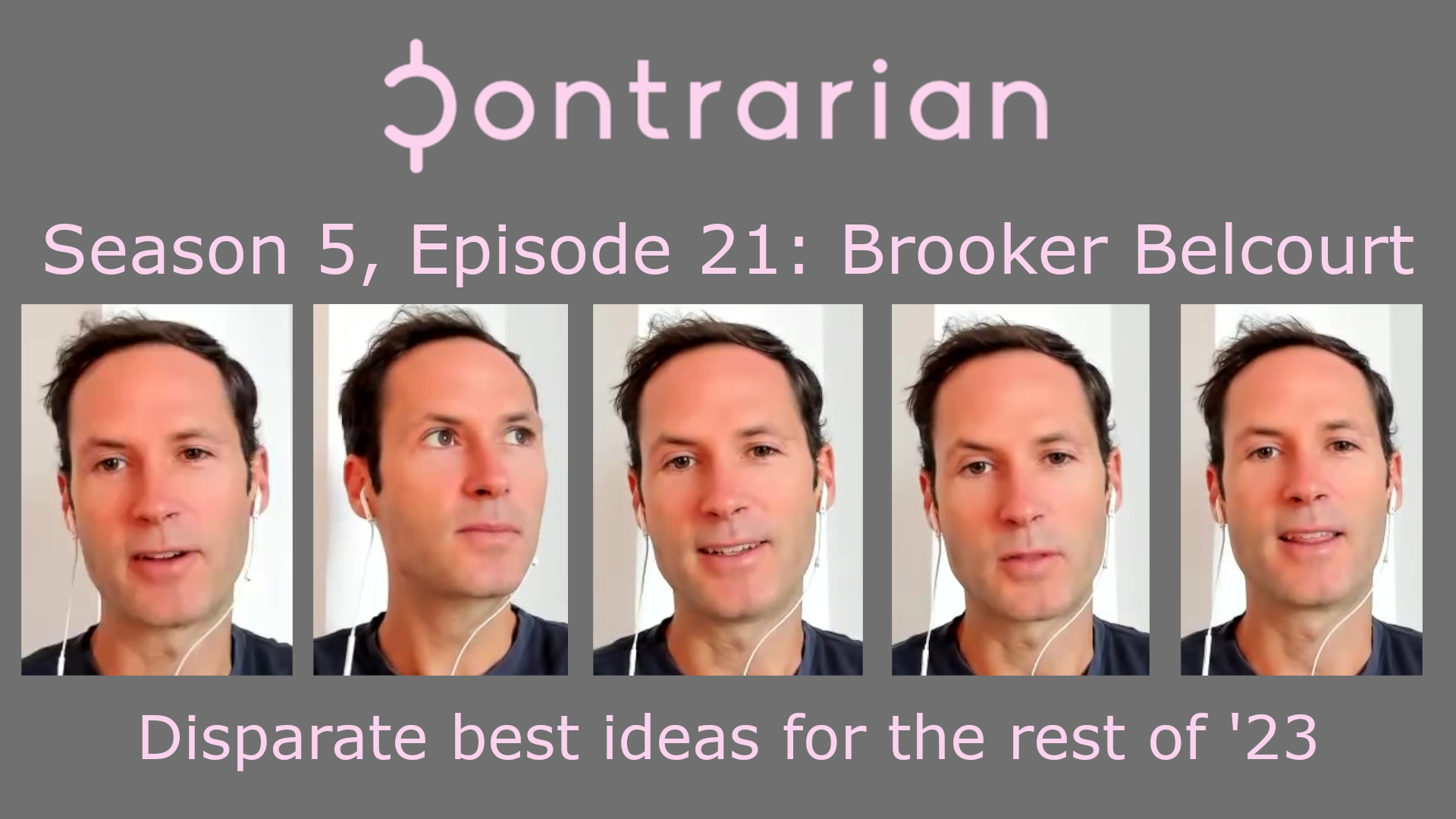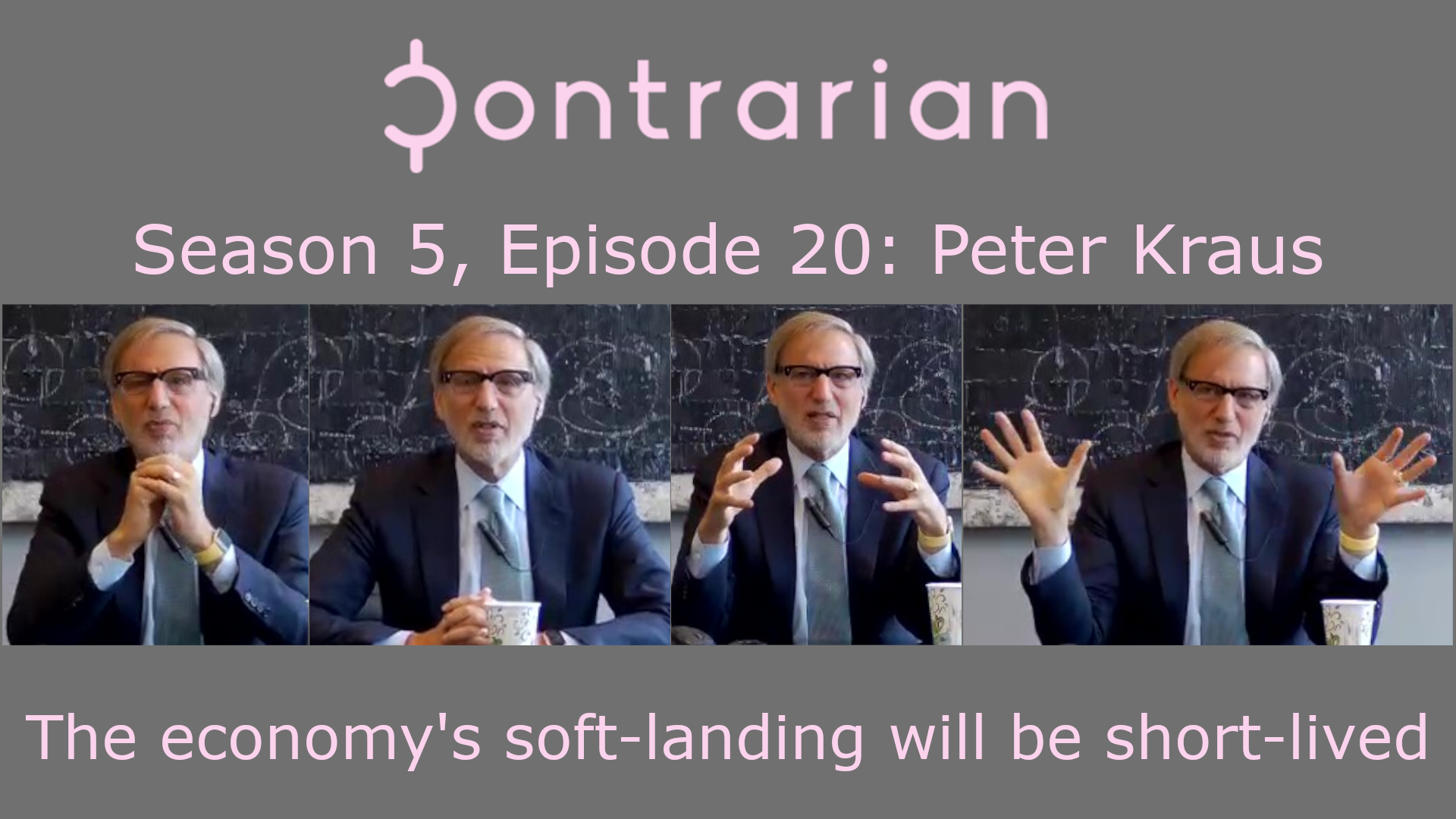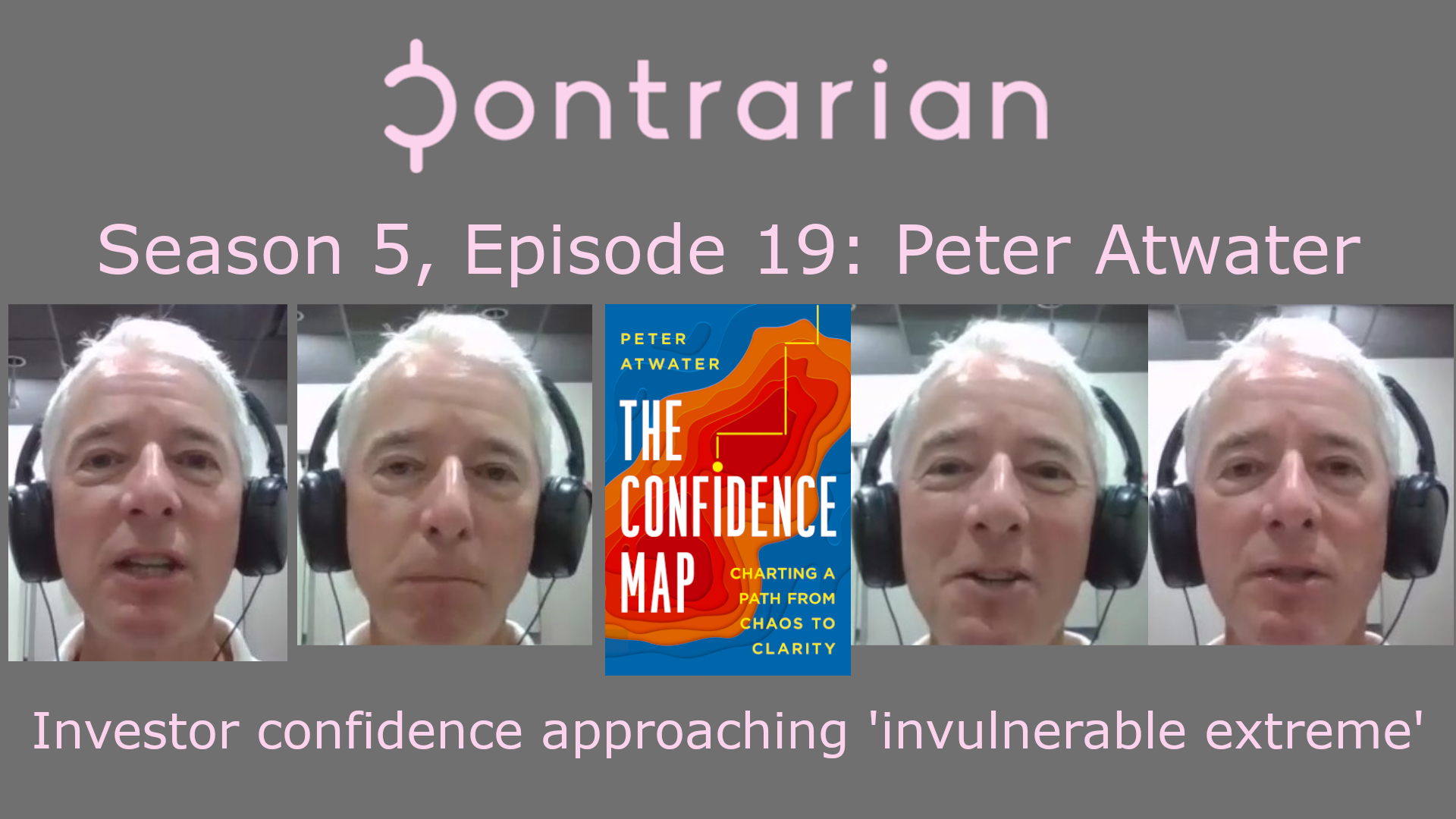This episode was recorded on Aug. 15 and released to premium subscribers that same day. Become a premium subscriber here.
Brooker Belcourt, founder of Covey.io, rejoins the podcast to discuss the three-pronged consensus that the investment platform’s best analysts are picking up right now and the 20 names that have emerged…
(Not investment advice).
Content Highlights
- What are the best Covey analysts picking up right now? (1:37)
- The platform’s 20 best positions are split into four buckets: growth winners like Nvidia (NVDA) and Tesla (TSLA), healthcare (three names including biopharma), ‘high-quality’ names like Autozone (AZO) and Disney (DIS), and volatility expressed through the levered ProShares Ultra VIX Short-Term Futures ETF (UVXY) (4:55);
- What to make of the long volatility bet? (9:40);
- Equally interesting is the type of exposure that is absent from the best 20: no crypto, no retail stocks, nothing international… (16:04);
More About the Guest
- Website: Covey.io;
- Twitter: @CoveyInvest;
- LinkedIn: CoveyInvest.



